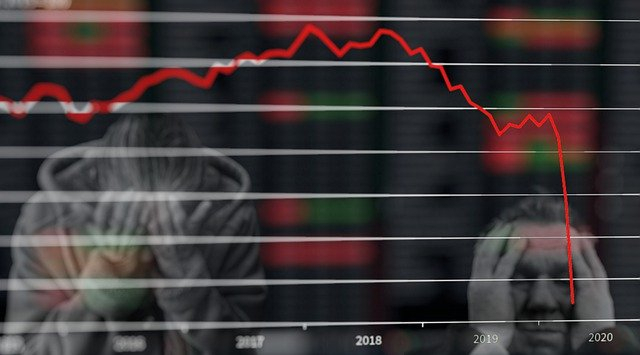The world is going through a financial crisis caused by lockdowns due to the ongoing Coronavirus pandemic. In such a situation, experts believe that a global recession is imminent. In Malaysia, the situation could have been grimmer.
Prime Minister Muhyiddin Yassin revealed that if he had chosen to continue the movement control order (MCO) or the lockdown, the country's financial sector would have faced a RM 1 trillion (about $234 billion). According to Yassin, the governor of Bank Negara Malaysia informed him about the extent of losses during a National Economic Action Council (NEAC) meeting, which he attends every Monday.
"The governor of Bank Negara Malaysia told me then that if we did not do anything about allowing the economy to get back to normal, the whole financial and banking system will collapse," Yassin told Bernama.

"If that were to happen, the value of the losses to the banking and financial system would be about RM1 trillion," he added.
Restoring Economy
Malaysia, which so far has confirmed 8,616 cases of Coronavirus, issued the MCO on March 18. By March 27, the entire country went into lockdown, shutting down businesses, factories, and livelihoods of people. That triggered an economic meltdown.
By June 9, the Malaysian government decided to reopen the country in a phased manner as the economy needed to be restored. "We need to improve our economic activities in the near future. When we implement the movement control order (MCO), all factories stopped operations not just for a day but for months, every day our businesses and economy remained idle," he said.
However, despite easing restrictions on business and daily activities, Malaysia isn't out of the weeds yet. The losses incurred during the MCO period have a wide-ranging impact. And when the country decided to reopen, people did not want to go out for fears of contracting COVID-19, leaving local businesses in peril, affecting incomes of people who depend on such businesses. This is one challenge Yassin feels the country must overcome to avoid a greater depression.
"Even in my own family, there are those who are still hesitant to go to a restaurant, for example... whether it is safe or not. There is a psychological block for being confined at home for over three months, making us not prepared to go out," he said.

Stimulus Package
Malaysia's economy, which was already under distress due to the previous government's mismanagement of funds and 1MDB scandal, needed a boost to get on its feet. The government has announced 280 billion ringgits ($63 million) stimulus package in three stages to boost the economy through the National Economic Recovery Plan (Penjana) and various assistance to the citizens.
But in the face of massive job loss — 50 percent — Yassin believes the government agencies and local authorities must be proactive in speaking to the traders and address their immediate problems. That can in turn create jobs and restore financial flow to people, who are the backbone of an economy.
"If before this, traders and operators have to refer to the district council, local authorities or chambers of commerce, now local authorities and government agencies need to go to the ground to meet traders to get to know their problems," he said. He added that the focus of the government will be on providing vocational training to young people so that they can be independent during the difficult times.








